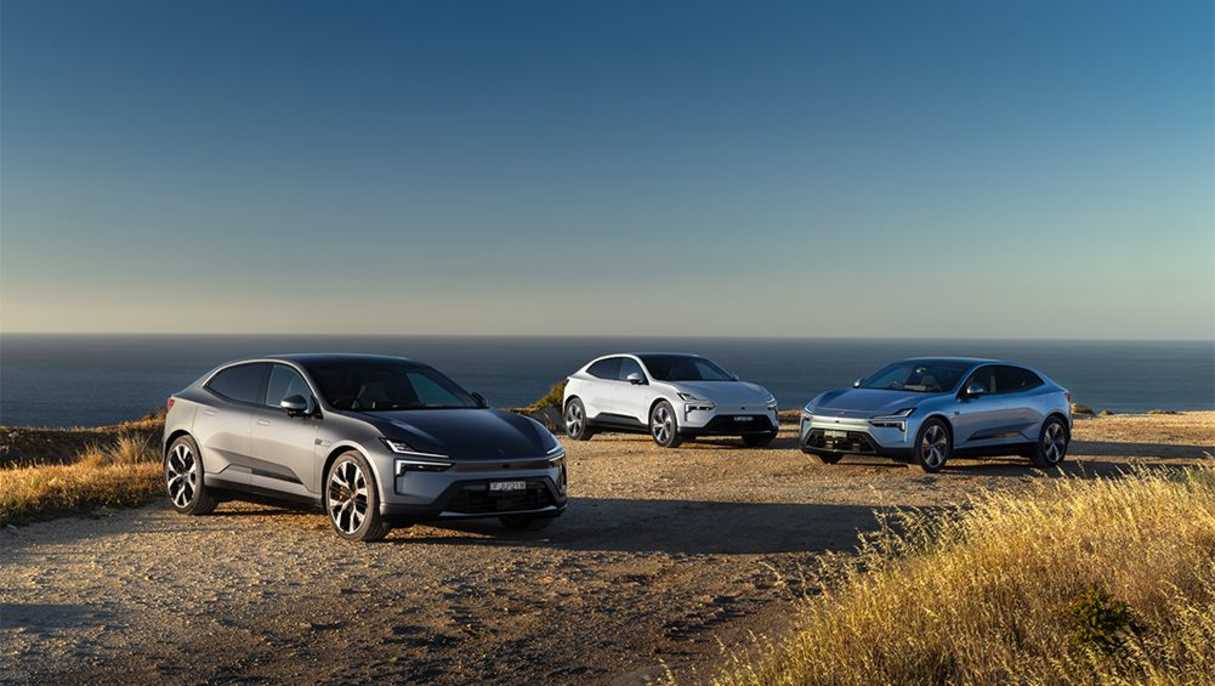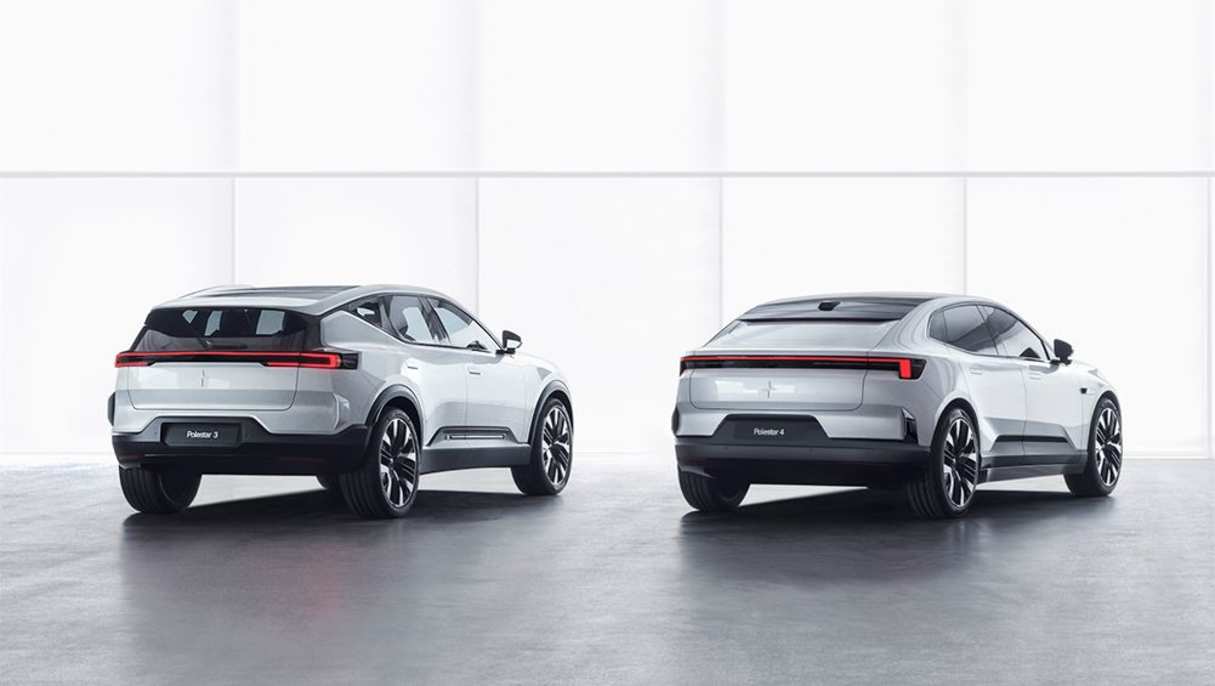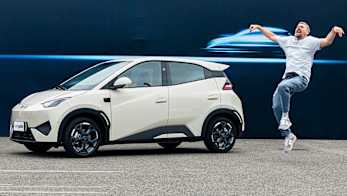Polestar, and other EV brands, are benefiting from disgruntled Tesla customers who are turning away from the US EV brand because of CEO Elon Musk’s political affiliations.
Tesla’s sales in Australia are down this year, with the January to October total of 32,214 units representing a nearly 20 per cent drop compared with the same period in 2023.
In recent years, the Tesla CEO has shifted from his libertarian views and embraced a more right-wing ideology, which has culminated in his fervent support for Republican presidential candidate, and now president-elect, Donald Trump.
This support has been rewarded with a position in Trump's proposed cabinet alongside failed Republican presidential candidate Vivek Ramaswamy to run the newly formed Department of Government Efficiency (DOGE), which will be tasked with cutting back federal bureaucracy.
Polestar Australia Managing Director Scott Maynard said the Geely-owned EV specialist has benefitted from some buyers’ shift away from Tesla, but added the two brands play in different segments.
“I think lots of brands have scooped the pool out of Tesla. Yeah, we're one of them,” he told CarsGuide at the recent Polestar 4 launch.
“We consider Tesla to be a little bit more of a volume player than we are. We operate in an area that's perhaps just a little bit more premium and a bit more exclusive, but customers currently driving a Tesla that are disgruntled with some of the directions they've taken, and want a more premium car will come to us for sure. Yeah, we've picked up a bit of business from Tesla.

“But you've only got to look at their numbers to see that they've had a bit of an exodus. And so lots of brands have benefited from that, we are one of them.”
The Chinese-owned Swedish marque now has three models in its local portfolio - the Polestar 2 sedan, 3 large SUV and 4 mid-size crossover - giving it more fire power than it has previously had with just one model available.
With the premium positioning of the 3 and 4 specifically, Maynard said some buyers are cross shopping with other premium brands, while others are coming from traditional internal combustion engine-focussed carmakers.

“We still get a lot of conquest business out of people that have been driving traditionally powered vehicles. Polestar has got that brand pull, you know, it's got that brand history. There’s some motor sport in there. Polestar’s the kind of brand that can attract the eye of someone who, up until now, has driven a petrol-powered car," he said.
“So it will attract people who didn't necessarily want to go EV, but want a car that looks like a Polestar, and so will then go EV to get that. So we seem to be pulling from a fairly wide range of audiences.
“The sustainability story really seems to resonate with a lot of buyers, and we see a lot of people that will come to us because, yes, they've gone to dabble in EV and realised that if you just ask a second level of questions, that there is a variety of colours of ‘green’. That and our story then starts to add up. So we seem to collect buyers from all over the place, but still seem to be closely associating ourselves with that luxury and premium set.”

The Polestar 4 has just arrived in Australia priced from $78,500 before on-road costs for the Long Range Single Motor and topping out with the Long Range Dual Motor at $88,350. The Tesla Model Y is technically a rival but pricing for that starts at around $56,000 and tops out at about $83,000 for the Performance.
The Polestar 3 kicks off from $118,420 for the Single Motor and tops out at $132,720 for the Dual Motor. The 3 competes with models like the Audi Q8 e-tron, Volvo’s incoming (and mechanically related) EX90, BMW’s iX and the Cadillac Lyriq.

.jpg)
.jpg)


.jpg)
.jpg)





_0.jpg)








.jpg)
.jpg)

.jpg)